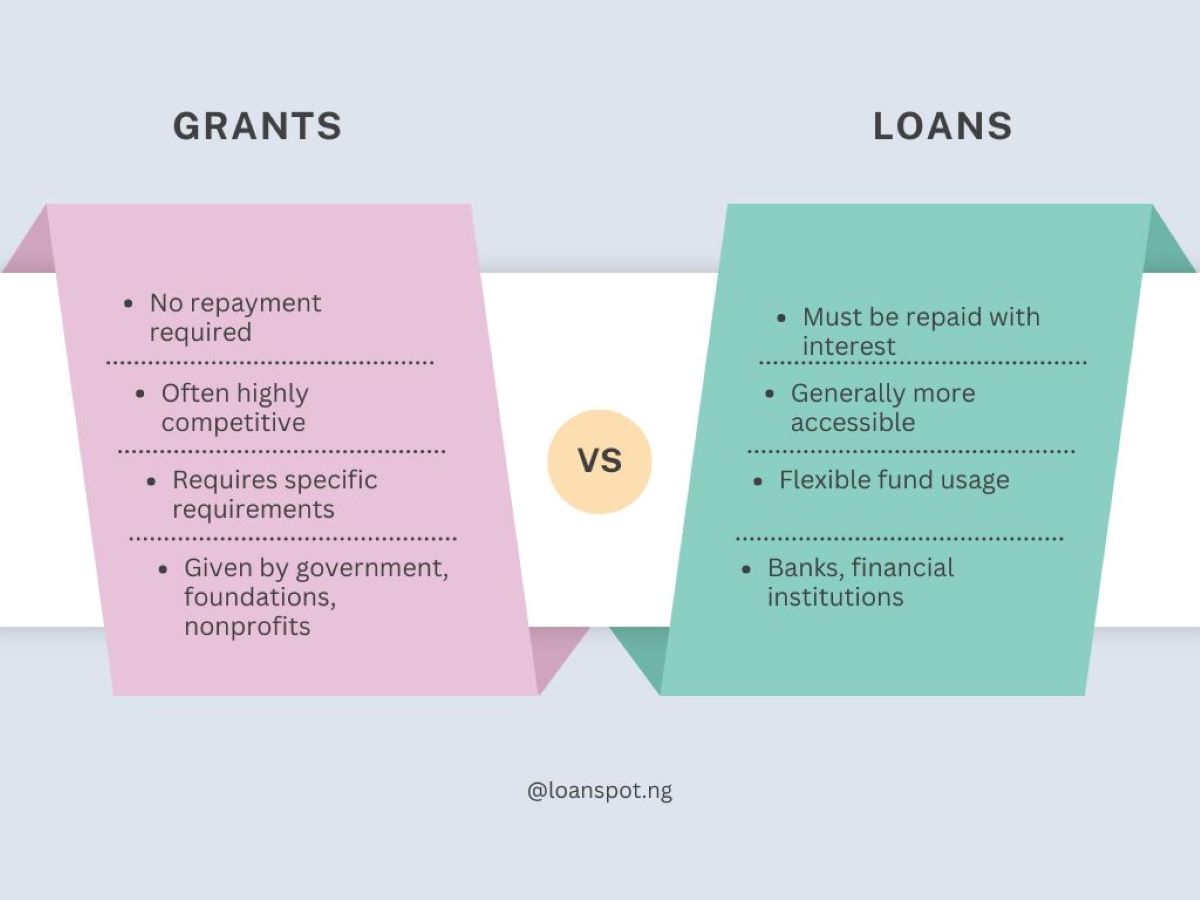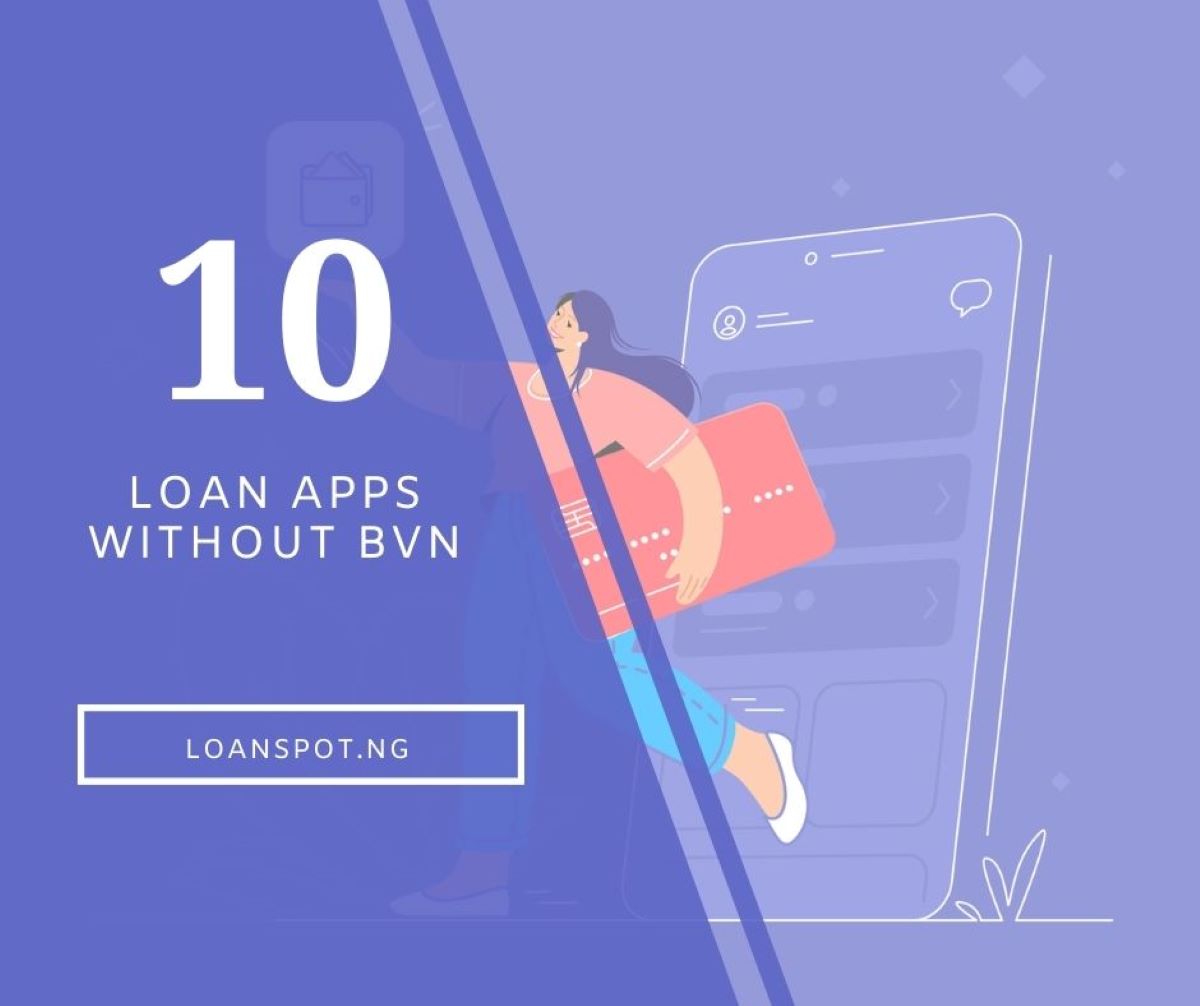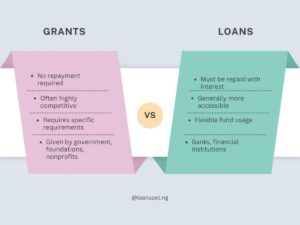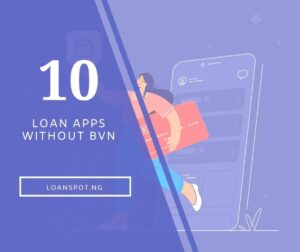In the late 1980s and the early 1990s, the banking industry experienced a wave of financial distress. Financial distress? This was largely typified by predatory debtors who hopped from one bank to the other; neglecting their obligations. We had persons who would abandon their debt obligations from Bank A, and proceed to obtain yet another, from Bank B. Following this, the Central Bank of Nigeria identified the need to establish a central database regulating this perversion.

This initiative was therefore implemented to obtain information from borrowers by financial institutions. By and by, the Credit Bureau of Nigeria was established. Its initiation was backed by a legislation Act that obligated banks and financial institutions to update lists of borrowers. Subsequently, this constituted profiling which determined the eligibility of intending borrowers.
The CBN granted credit bureau licenses to three private companies:
- CRC Bureau Credit Limited
- CR Services Credit Bureau PLC
- XDS Credit Bureau Limited
These licenses were granted in 2008. They eventually formed what is now regarded as The Credit Bureau Association of Nigeria in 2012.
Functions of The Credit Bureau Association of Nigeria
According to Investopedia, a credit bureau is an agency that collects and researches individual credit information and sells it for a fee to creditors so they can decide on granting loans.
The Credit Bureau Association of Nigeria performs the following functions:
1. Maintain a Database of Borrowers from Financial Institutions:
Information obtained usually includes the contact details of individuals and companies. This also cuts across a history of previous loans obtained by the borrower. Information provided can further accommodate whether or not they were paid in time, as well as bankruptcy and court judgments.
Get a loan up to N100,000 at the best affordable rates in Nigeria
Did you know that you can now you can compare interest rates from different lenders with our loan simulator and get the best deal? Making an informed loan decision requires comparing different loan offers before making a commitment. Through our simulator, you can see at a glance, loan offers coming from different lenders in less than 5 minutes, so you can make the right decision regarding your financing. Try it today
2. Central Storage of Collected Information
The Credit Bureau Association of Nigeria wields the capacity to store large bouts of data. Not only will this remain over a long period of time, but it is also in a safe condition. Ideally, there is no room for loss, theft, or alteration of files and data. This enables lending institutions to have long-term access to information.
3. Provide Credit Information Upon Request
The Credit Information Report is the major asset the Bureau sells to its members. When a lender requests Credit Information, the Bureau ensures it provides the report usually spanning a period of 3 years.
4. Eliminate Information Discrepancy
Recall our story of how The Bureau came into the limelight? Exactly, to manage the credibility of information disseminated to lenders by borrowers. In the absence of the Credit Bureaus, it is absolutely possible for Lagbaja to obtain loans from three different banks. What’s worse is that Lagbaja may end up carting away the funds.
5. Increased Access to Credit
Before the establishment of the Credit Bureau, gaining access to loans proved pretty cumbersome. In those days, you either had to own a megaton of valuable collateral or you knew someone that knew someone. You know how the drill goes.
Since the advent of Credit Bureaus, however, it is relatively easier to access loans. The Bureau only provides a credit information report. Isn’t that awesome? Ideally, your footwear does not have to be pals with the banking hall before you can get a loan.
How Do I Check My Credit Score?
Checking your credit score is pretty easy to pull through. The Credit Bureau Association of Nigeria offers a ‘Self Enquiry’ option to check your credit score. This service is absolutely free, however, you can only access your report once a year. To do this, you can simply contact The Bureau and sign up for the service via email.
Like we established earlier, your credit score encompasses details of your credit activities across all sectors of the economy. It shows a history of loans a person has secured. And more importantly, it is a first step in owning your financial game. This is because many do not understand the gravity of the credit score as it plays a pivotal role in the acceptance or denial of your loan.
What Can Affect Your Credit Score?
Did you obtain a loan and it took you forever to refund? This can ultimately decrease the rank of your credit score. Payment history is the protagonist in the thriller movie that tries to rub your authority in the mud. Lenders need the assurance that you can refund the loan in the nearest future. You don’t want to mess that up.
Additionally, your level of debt matters. Having too much debt can easily affect your credit score. When you resolve them, however, your credit score tends to increase.
Conclusion
The credit score plays an important role in the lending industry. Getting your facts and figures right helps put you on the right track. It is ideal that you first gain a grasp of your credit score before you apply for a loan. This helps to gauge your expectations, as well as plan towards the feasibility of acquiring a loan.
Need a loan? Kindly check out this platform that allows you to compare loans from several lenders in minutes. This would help you make the best decision for you.







